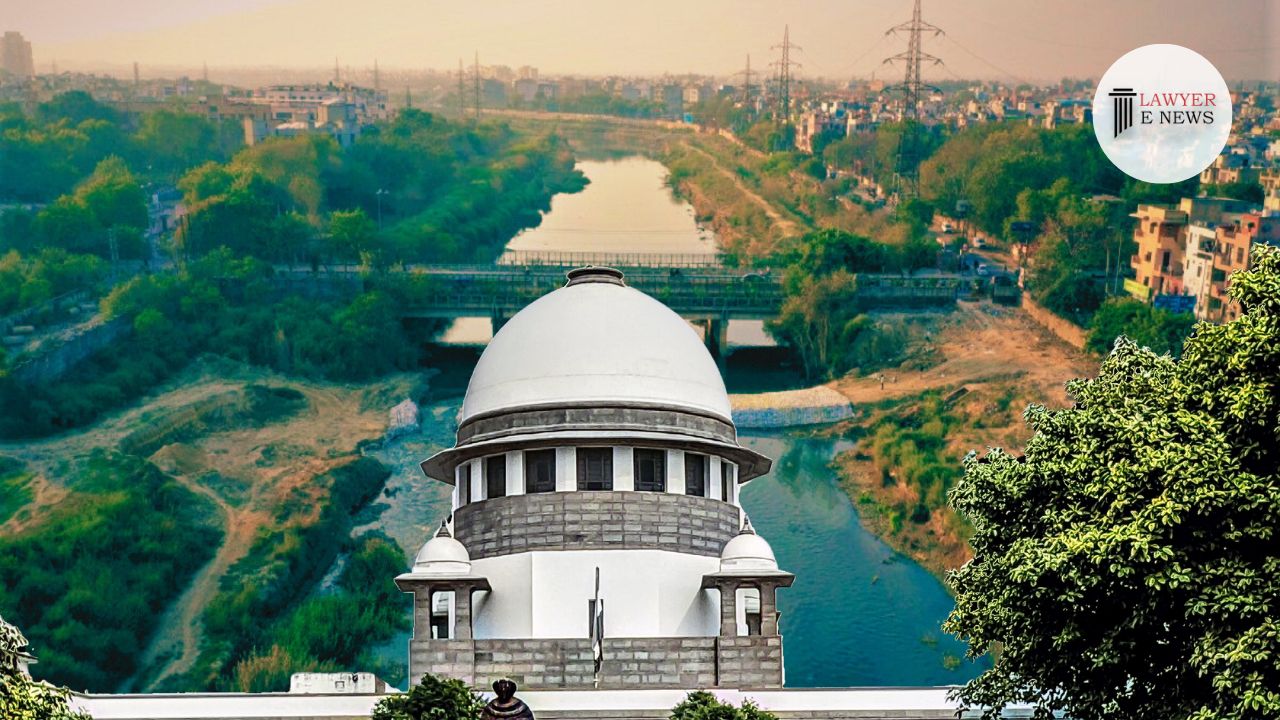-
by Admin
16 February 2026 1:47 PM



In a notable judgment, the Supreme Court of India has set a significant precedent concerning the withdrawal of prospective resignation by an employee. Justices J.K. Maheshwari and K.V. Viswanathan, presiding over the case of Dr. Mrs. Suman V. Jain versus Marwadi Sammelan, have ruled that an employee has the right to withdraw their resignation before it becomes effective, provided there is no legal, contractual, or constitutional barrier to such an action.
The court focused on the principles governing the withdrawal of prospective resignation, aligning with the principle of ‘locus poenitentiae’, which allows the withdrawal of a resignation before its effective date. This principle is subject to the specific rules governing the situation.
The case arose from Dr. Jain’s appeal against the decision of the High Court of Judicature at Bombay, which had upheld the Mumbai University and College Tribunal’s rejection of her withdrawal of a prospective resignation. The issue centered on whether an employee could withdraw a resignation before its effective date and if such withdrawal could be deemed final, binding, and irrevocable.
The Supreme Court, in its detailed assessment, referred to various precedents, including the landmark cases of Gopal Chandra Misra v. Union of India and Srikantha S.M. v. Bharath Earth Movers Limited. The court observed that Dr. Jain’s resignation was a prospective one and could be withdrawn before the effective date, as there was no prior consent making it ‘final, binding, and irrevocable.’ The court also noted that the resignation wasn’t submitted in lieu of waiving any departmental enquiry and thus, could not be treated as irrevocable.
Applicability of ‘Locus Poenitentiae’: The court emphasized the principle of ‘locus poenitentiae,’ which allows for the withdrawal of a resignation before it becomes effective. This principle was considered in light of specific governing rules and regulations. The court held that, in the absence of a legal, contractual, or constitutional bar, an employee retains the right to withdraw their resignation until the effective date of resignation.
Analysis of Precedents: The bench meticulously analyzed past judgments, notably Gopal Chandra Misra v. Union of India and Srikantha S.M. v. Bharath Earth Movers Limited. These cases established the framework within which an employee could withdraw a prospective resignation. The court underscored that these precedents supported the view that a resignation, which is prospective in nature, can be withdrawn anytime before it becomes operative.
Examination of Correspondence and Intent: A critical aspect of the court’s assessment was the examination of the correspondence between Dr. Jain and the Marwadi Sammelan Trust. The court scrutinized the contents and context of the letters, particularly focusing on whether there was any agreement or understanding that the resignation was ‘final, binding, and irrevocable’. The court concluded that there was no prior consent from Dr. Jain to treat her resignation as irrevocable, and the terms used by the Trust in their acceptance of her resignation were unilaterally imposed.
Distinguishing from Rev. Oswald Joseph Reichel Case: The court distinctly distinguished the present case from the precedent set in the Rev. Oswald Joseph Reichel Vs. The Right Rev. John Fielder case. In the Reichel case, an unconditional deed of resignation was executed before witnesses, which was not the scenario in Dr. Jain’s case. The Supreme Court held that the facts of Dr. Jain’s case did not align with those in the Reichel case, and therefore, the latter’s principles were not applicable.
No Implication of Implied Contract or Understanding: The Supreme Court found no evidence of an implied contract or understanding that could suggest Dr. Jain’s acknowledgment of her resignation as ‘final, binding, and irrevocable’. This was a crucial point, as it aligned with the principle that an employee could withdraw a prospective resignation unless there was a clear, mutual agreement to the contrary.
Principle of ‘Vinculum Juris’: The court also invoked the principle of ‘vinculum juris’ from the Srikantha S.M. case, explaining that the relationship between employer and employee continues until the actual effective date of resignation. This principle supported the contention that Dr. Jain’s service should be considered continuous until her actual resignation date.
The Supreme Court allowed the appeal, setting aside the judgments of the College Tribunal and the High Court. It directed the regularization of Dr. Jain’s service from September 24, 2003, to October 1, 2007, without back wages but counting towards pension eligibility. The Trust was directed to calculate and pay pension and retiral benefits, including arrears, within four months.
Date of Decision: 20th February 2024.
Dr. Mrs. Suman V. Jain versus Marwadi Sammelan through its Secretary and Others.
